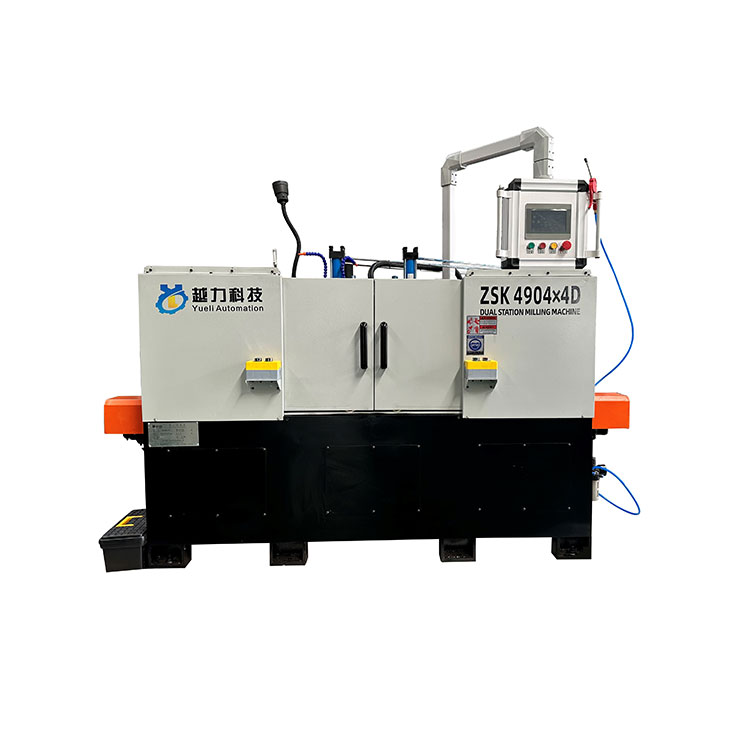Characteristics and examples of Special Purpose Machines
2023-11-20
A Special Purpose Machine (SPM) refers to a machine that is designed and built for a specific manufacturing process or operation. These machines are tailored to perform a particular set of tasks with high precision and efficiency, often automating processes that might be difficult or impractical to achieve with standard machinery. SPMs are widely used in various industries to enhance productivity and meet specific production requirements. Here are some key characteristics and examples of Special Purpose Machines:
1. Customization:
- SPMs are customized and built for a specific task, often based on the unique requirements of a particular manufacturing process.
2. Specific Functionality:
- These machines are designed to perform a specific operation or a sequence of operations in a manufacturing process, such as drilling, milling, welding, assembly, testing, or packaging.
3. High Precision:
- SPMs are engineered for high precision and repeatability in their operations, ensuring consistent and accurate results.
4. Automation:
- Many SPMs incorporate automation elements, such as robotics, conveyors, and programmable logic controllers (PLCs), to streamline the manufacturing process and reduce the need for manual intervention.
5. Efficiency Improvement:
- The primary goal of using SPMs is to improve efficiency, increase production rates, and reduce labor costs by automating specialized tasks.
6. Cost-Effective for Large Productions:
- While the initial investment in designing and building an SPM can be significant, it becomes cost-effective for large-scale production runs where the benefits of increased speed and precision outweigh the initial costs.
7. Adaptability:
- SPMs can be adaptable to different workpieces or products within the specified manufacturing process, offering some flexibility in production.
8. Examples of Special Purpose Machines:
- Automated Assembly Machines: Tailored for assembling specific products with multiple components.
- Drilling and Tapping Machines: Designed for high-speed and precise drilling or tapping operations.
- Welding Machines: SPMs for automated welding processes, especially for repetitive welding tasks.
- Packaging Machines: Customized for packaging specific types of products, such as blister packaging or carton sealing machines.
- Testing Machines: Specialized equipment for conducting quality control tests on products.
9. Reduced Setup Time:
- SPMs are designed to minimize setup time between different production runs, contributing to overall efficiency.
10. Integration with Production Lines:
- SPMs can be integrated into larger production lines, working in conjunction with other machinery to create a seamless manufacturing process.
11. High Production Volumes:
- SPMs are particularly beneficial for high-volume production scenarios where efficiency and speed are critical.
While SPMs offer many advantages, their design and implementation require careful consideration of the specific manufacturing needs and processes. The decision to invest in an SPM should be based on factors such as production volume, product complexity, and the potential for increased efficiency and cost savings.



